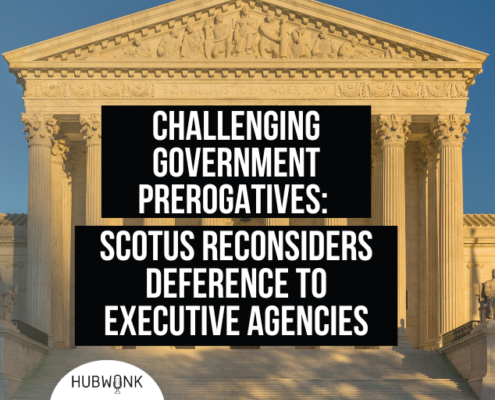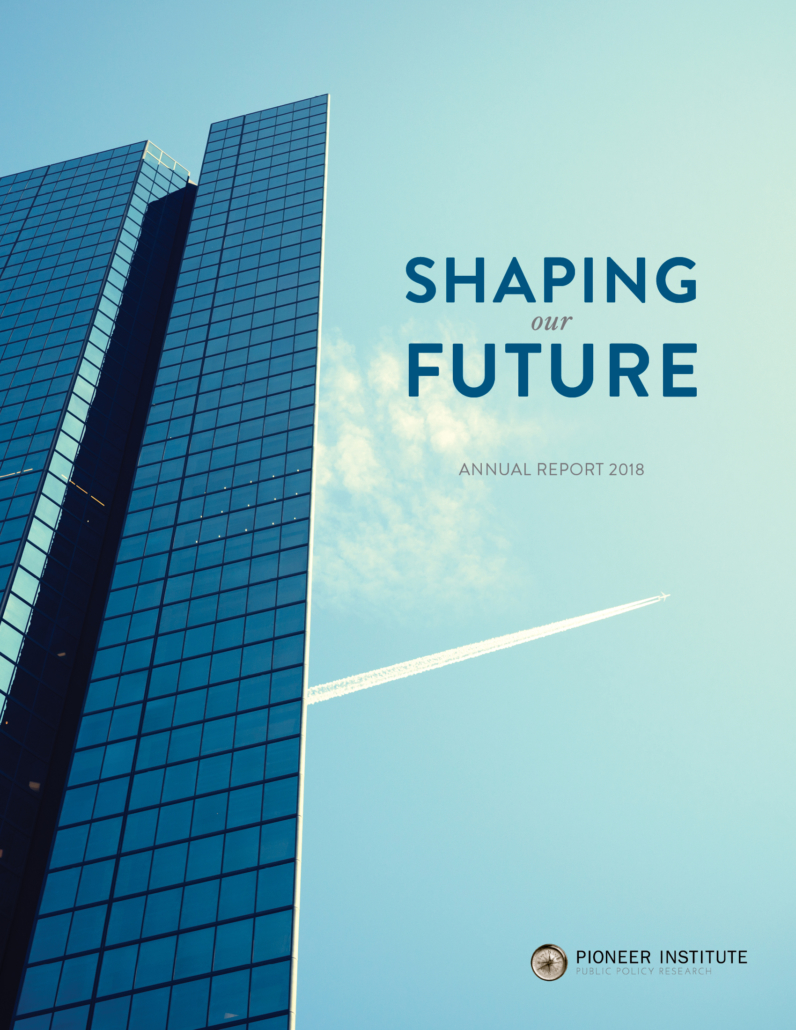Presenting Pioneer’s New Annual Report: “Shaping Our Future”
/0 Comments/in Blog /by Editorial StaffWe at Pioneer Institute work every day to promote policies that result in better school options, broader access to affordable healthcare, improved public services and infrastructure, and a more attractive climate for innovators and capital.
In Pioneer’s 2018 Annual Report (available to download or view online here), we share our work to drive this agenda in the Commonwealth and across the country. We share progress at the MBTA, even as much work remains. And we share success in expanding economic opportunity.
In this report back to you, our community of supporters, we change our format to focus on impact. We do this understanding that we cannot control the future any more than one controls one’s luck. In “Shaping Our Future,” we aim to show how we’re working to shape probabilities for success, with an emphasis on liberty and giving more individuals and families opportunity to pursue happiness.
None of this work and the impact it is having would be possible without you. Pioneer is, as Alexis de Tocqueville put it, a voluntary association of free individuals. Your choosing us, placing your trust in and committing resources to Pioneer, is sincerely gratifying.
If you’re already a member, thank you for your support. If you are not yet, please consider joining today. Your tax-deductible gift will help us continue our work!
Stay Connected!
Recent Research:

Study: Ed Reform Has Improved Academic Performance and Equity

UK U-Warwick’s Benjamin Smith on Mexico’s Cartels & Drug Trade
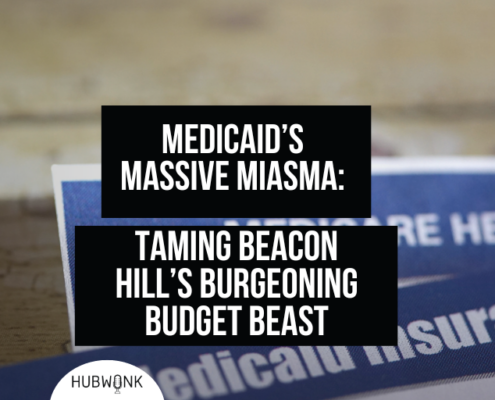
Medicaid’s Massive Miasma: Taming Beacon Hill’s Burgeoning Budget Beast

Middlemen Pushing Up Retail Costs of Drugs

Milton Shuts the Door
on Multifamily Housing Plans
on Multifamily Housing Plans

DFER-MA’s Mary Tamer on MCAS & Teacher Strikes
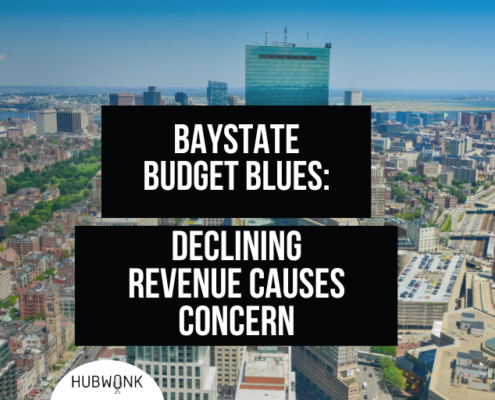
Baystate Budget Blues: Declining Revenue Causes Concern

U-TN’s Robert Norrell on Booker T. Washington & Voc-Tech

Smothering Gas Exports: President Sides with Environmentalists Over Environment

Pioneer Statement on Continuing Slide in Massachusetts’ Revenue
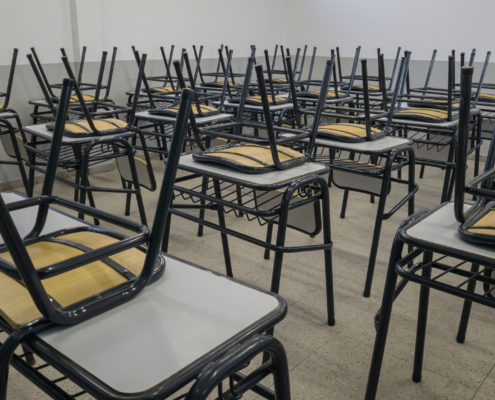
Teachers strikes hurt the students

Pioneer Statement on Decline in State Revenues

BC’s Dr. Matthias von Davier on TIMSS & K-12 Global STEM

U.S. Manufacturing Health: Does the U.S. Need an Industrial Policy?

Skill-based immigration could ease labor shortage

Admissions lotteries would harm vocational-technical schools

ExcelinEd’s Dr. Cara Candal on National School Choice Week
